In an era where energy security and global politics intertwine seamlessly, the Nord Stream 2 pipeline emerges as a pivotal point of discussion and deliberation. This ambitious energy infrastructure project, connecting Russia and Germany beneath the Baltic Sea, has far-reaching geopolitical implications that reverberate across international relations, energy markets, and regional dynamics. In this comprehensive analysis, we delve into the multifaceted ramifications of the Nord Stream 2 pipeline, shedding light on its strategic importance, potential challenges, and the intricate web of interests that it weaves.
Unveiling the Strategic Significance
The Nord Stream 2 pipeline, a parallel endeavor to its predecessor Nord Stream 1, seeks to solidify an energy corridor between Russia and Germany, bypassing traditional transit routes. The strategic significance of this project cannot be understated. By directly linking these two economic powerhouses, Nord Stream 2 creates an alternative path for Russian natural gas to flow into Western Europe. This diversification of supply routes enhances Europe’s energy security by mitigating potential disruptions in the delivery of resources. Moreover, it allows Russia to reduce its dependence on transit countries, bolstering its geopolitical leverage.
Geopolitical Chessboard
As geopolitical players position their pawns on the energy chessboard, Nord Stream 2 emerges as a focal point of contention. The project intensifies the geopolitical competition between Russia and the United States, with the latter expressing concerns about Europe’s increasing reliance on Russian gas. This rivalry extends beyond energy markets, infiltrating various policy spheres, including sanctions and diplomatic discourse. The United States and Eastern European nations contend that Nord Stream 2 could be exploited as a political tool, enabling Russia to exert pressure on Europe.
European Energy Landscape
The European Union finds itself at a crossroads, balancing its energy diversification goals with the pragmatic allure of Russian gas. While some member states view Nord Stream 2 as an opportunity to meet their energy demands, others emphasize reducing dependency on Russian resources. This dichotomy underscores the intricate interplay between the EU’s economic considerations and geopolitical factors. As the pipeline’s completion looms, EU policymakers are compelled to navigate this complex terrain, mindful of the potential implications for the bloc’s unity and resilience.
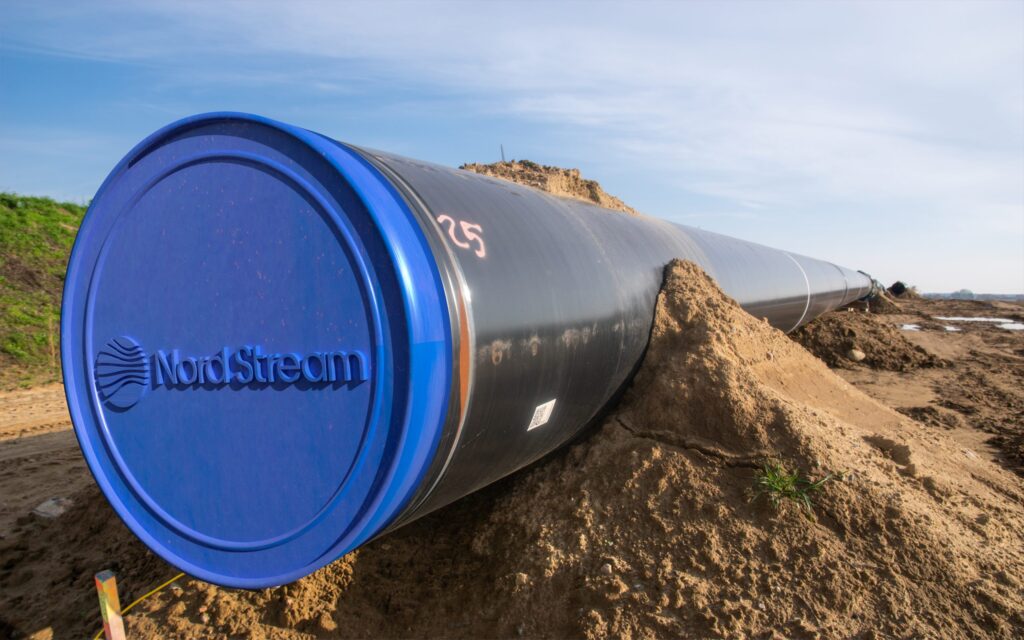
Bridging Economic Interests
Nord Stream 2 represents more than a mere conduit for energy; it symbolizes a nexus of economic interests and partnerships. German industry benefits from a consistent and cost-effective energy supply, contributing to its competitive edge in the global market. Simultaneously, Russia secures a stable export route and a direct link to affluent European consumers. This symbiotic relationship engenders a delicate balance of mutual reliance, shaping the economic dynamics of both nations.
Environmental Considerations
While energy security and geopolitics often take center stage, the Nord Stream 2 pipeline also intersects with environmental concerns. The Baltic Sea, a sensitive and ecologically fragile ecosystem, faces potential risks from construction and operation activities. Critics argue that the pipeline’s development could disrupt marine habitats, compromise water quality, and trigger unforeseen ecological consequences. Balancing the imperatives of energy infrastructure with environmental stewardship presents a challenge that requires careful navigation and mitigation strategies.
Conclusion
The Nord Stream 2 pipeline epitomizes the intricate tapestry of geopolitics, energy economics, and international relations. Its implications stretch far beyond energy markets, encompassing strategic maneuvering, diplomatic tensions, and environmental considerations. As completion draws nearer, the global community watches with bated breath, recognizing that the fate of Nord Stream 2 will reverberate through the corridors of power and the annals of history. The geopolitical chessboard evolves, and each move carries lasting consequences for nations, alliances, and the global order.












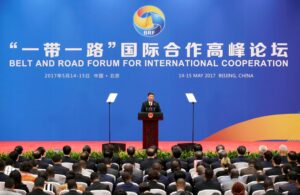

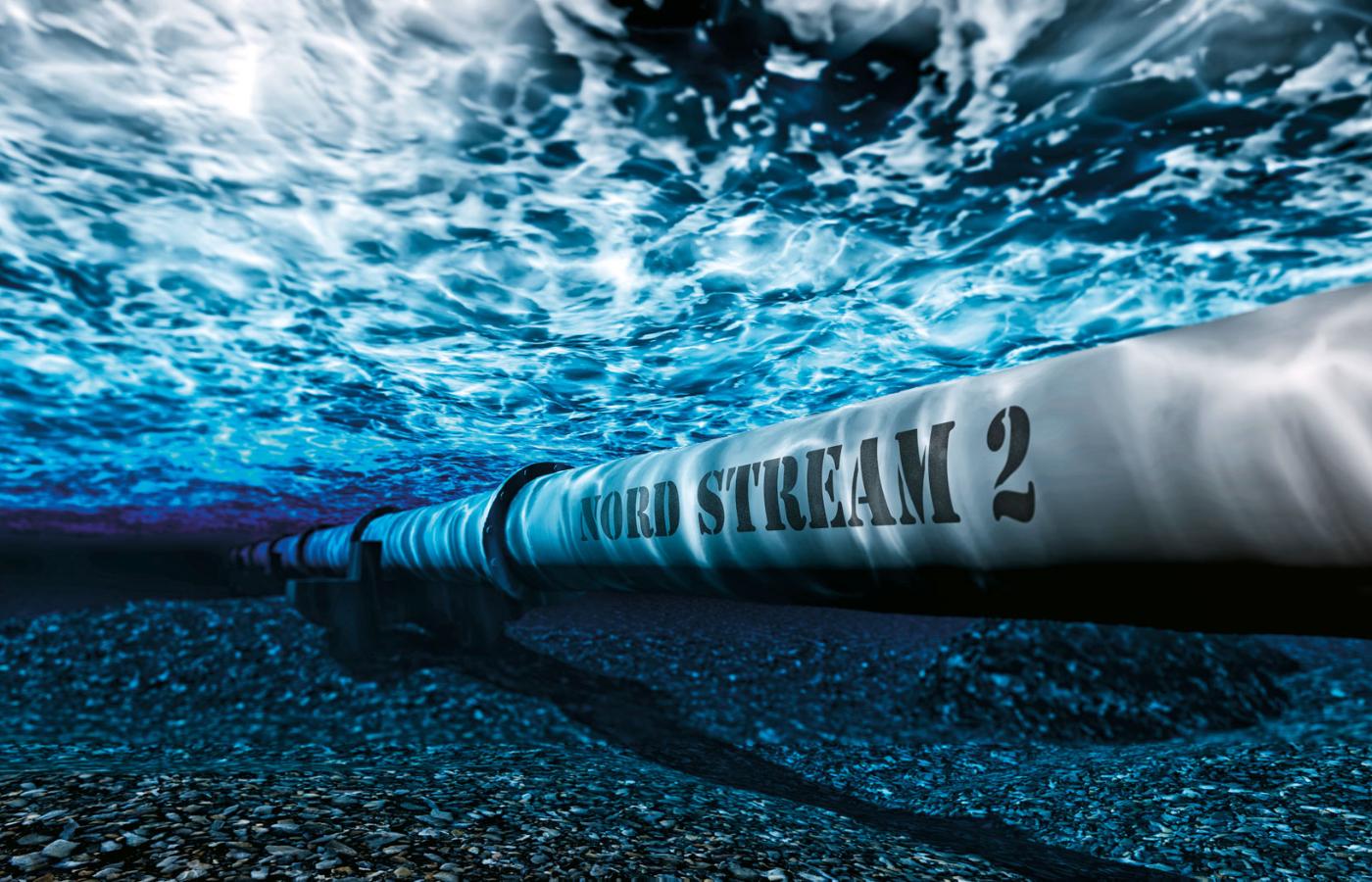
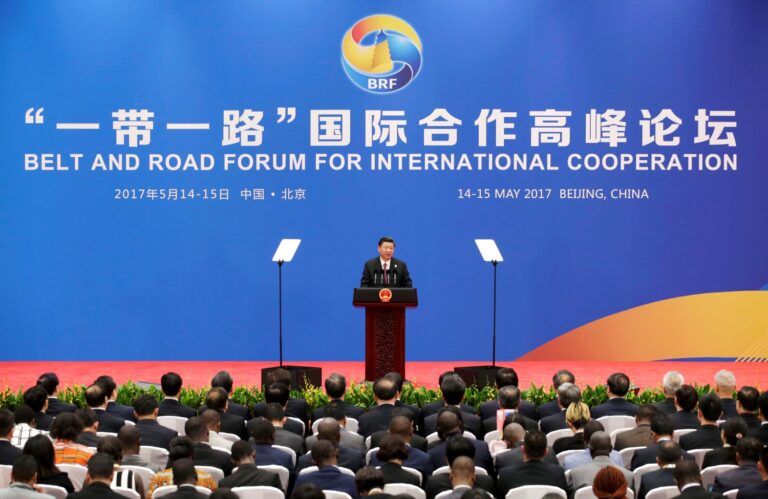
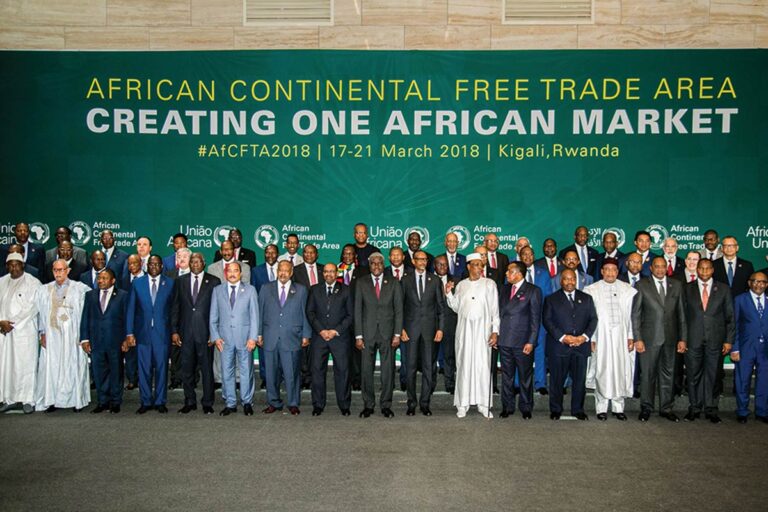






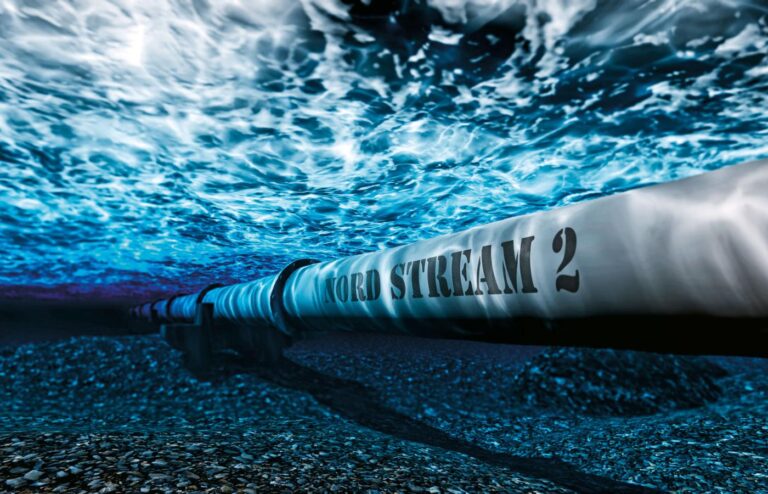

+ There are no comments
Add yours